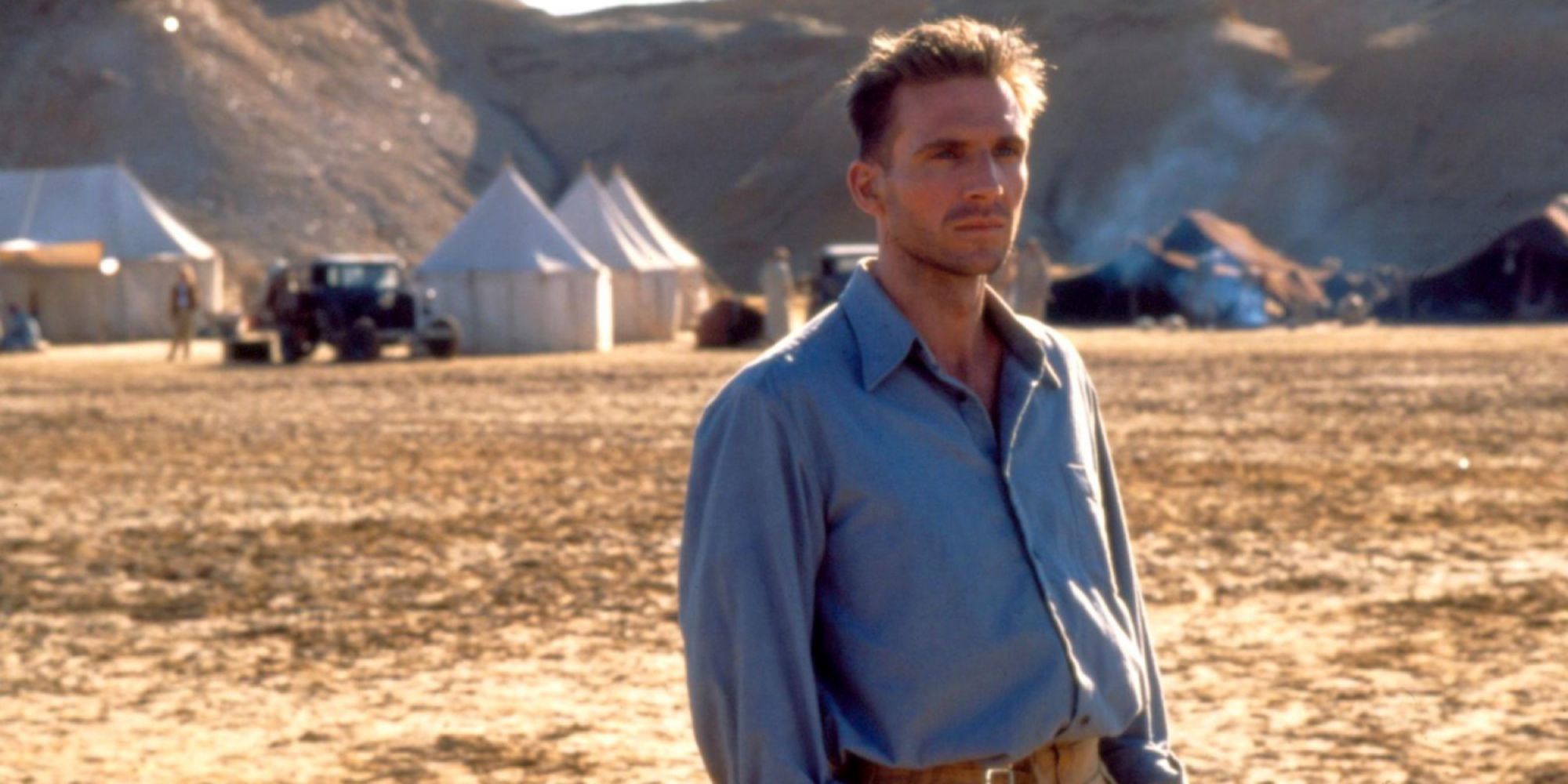Film audiences in the '80s witnessed the rise of the summer blockbuster (leading to some of the greatest action films of all time) and were also given a seemingly endless parade of coming-of-age films. Enter the 1990s, a new era for film and notably film music (which had only grown in popularity). Whether it was Aladdin, Pulp Fiction, or Titanic, movie soundtracks could be found more and more frequently in the charts.
While every decade in film history certainly has its own fair share of Oscar-worthy films with remarkable soundtracks, it was Disney's massive surge in popularity at the start of the decade that led to some difficulty for the Academy when nominating films for the music category. By the middle of the '90s, in a direct response to Disney moving its focus to high-quality animated musicals, the Academy divided the Oscar for Best Original Score into two separate categories — one for Best Original Score in a Drama and the other for in a Comedy/Musical.
1990 - The Little Mermaid (Alan Menken)
The now legendary composer and songwriter Alan Menken won his first ever Oscar (of many to follow) for The Little Mermaid. Banking on the release of a spree of animated musicals, Disney at the time was desperate to recover from a string of poorly received features in the '80s. This led them to hire Menken to write the music for The Little Mermaid, a decision they would not regret.
An instant classic, The Little Mermaid soundtrack attained immense success. Menkens' score, along with the hit songs from the film, was released on CD and cassette tape, debuting at number 32 on the Billboard 200. Since then the album has achieved multi-platinum sales and tracks "Under the Sea" and "Part of Your World" alone have gathered a collective 600 million views on YouTube.
1991 - Dances With Wolves (John Barry)
Kevin Costner's directorial debut, Dances with Wolves came at a time when love for Western films was at an all-time low. Yet Costner's clear passion for the genre shone through, and alongside Unforgiven, a great Western for people who don't like Westerns, Dances with Wolves brought the genre back to the forefront of popular culture. Despite the huge success of family films like Home Alone and Ghost released in the same year, Dance with Wolves broke through the mold and also took home the Oscar for Best Picture.
After several years off from making music due to surgery, the Out of Africa Oscar-winning composer John Barry made his triumphant return to film, taking the listener on a musical journey alongside Costner's brilliantly photographed epic. Unfortunately, Dances with Wolves would turn out to be Barry's final masterpiece, and was thankfully given the recognition it deserved.
1992 - Beauty and the Beast (Alan Menken)
Menken wins again! While by no means a guarantee for repeated success, clearly getting Menken back in the composing chair was a no-brainer for Disney after The Little Mermaid. Proving to be a match made in heaven, Beauty and the Beast was another enormous success for both the composer and the studio, as the movie became the first animated feature ever to be nominated for Best Picture.
Joining forces with lyricist Howard Ashman, Menken got straight to work on music for Aladdin and Beauty and the Beast after the enormous success of The Little Mermaid. Together, they crafted songs that would instantly cement themselves into the hearts of children and adults alike for decades to come. Unfortunately, Ashman would finish most of the lyrics from his deathbed and did not live to see the huge commercial success of his last work, tragically passing away seven months before the film's release.
1993 - Aladdin (Alan Menken)
After reaching dizzying heights of success with The Little Mermaid and Beauty and the Beast, Menken and Disney's partnership continued with Aladdin. Keeping the Oscar streak going strong, Menken walked away from the project with his third Oscar win.
Perhaps the studio's riskiest bet yet, the story of Aladdin was based around a small part of a centuries-old tale from "The Arabian Nights." While Aladdin failed to gather as much critical appraisal as its predecessor Beauty and the Beast, this didn't seem to matter to general audiences. The soundtrack debuted on the charts and the track "A Whole New World" became a timeless classic.
1994 - Schindler's List (John Williams)
It seems only fitting that Menken's reign over the Best Original Score award could only be broken by a fellow titan of the industry. Already a holder of multiple Oscars, none other than the legendary John Williams graced the stage to accept the award for his work on Steven Spielberg's haunting Holocaust masterpiece, Schindler's List.
Starring a stellar performance from Liam Neeson, Schindler's List tells the true story of Oskar Schindler as he helps his Jewish workforce after witnessing their persecution during WW2. Williams' work on the film has become one of his most beloved and important compositions to date and without a doubt played a part in Schindler's List also receiving the Best Picture award.
1995 - The Lion King (Hans Zimmer)
Hans Zimmer's brilliant score for The Lion King had fierce competition at the 1995 Oscars, running against fellow nominees Alan Silvestri for Forrest Gump, Elliot Goldenthal for Interview with the Vampire and Thomas Newman for two films, Little Woman and The Shawshank Redemption. Winning against Shawshank alone (considered by many as one of the greatest films of all time) speaks volumes to the masterful work Zimmer brought to the table for The Lion King, a movie that proved 1994 was the best year for cinema.
Since the release of the film, the soundtrack has been inescapable, and is also an extremely popular theatrical musical to this day. While accepting the award Zimmer thanked his daughter, whom he said, "now thinks I'm cool, because I did The Lion King."
1996 - Il Postino / The Postman (Luis Enrique Bacalov)
Taking home the award in 1996 was Luis Bacalov, who had become famous for his work on classic Spaghetti Westerns such as Django, The Grand Duel, and A Bullet for the General. In a somewhat controversial win, The Postman won against fellow nominee film epics, Apollo 13, Nixon, and Braveheart.
1996 also marked the first year that the award for Best Original Score was officially broken into two separate segments. One award was given for the Best Original Score in a Drama and the other for Best Score in a Musical or Comedy, a decision that led to its fair share of scrutiny from the public.
1997 - The English Patient (Gabriel Yared)
Born in Beirut, composer Gabriel Yared came from a family which contained no other musicians or artists. At the age of seven, his father sent him to learn accordion which led Yared into a life as a composer.
Fast-forward to 1997, and Yared took home the Oscar for his famous film score for Anthony Minghella's epic war romance The English Patient, which also took the award for Best Picture. Calling his score "a kind of homage to Bach", the love theme took Yared almost two months to complete.
1998 - Titanic (James Horner)
After six previous nominations for films that included Apollo 13 and Braveheart, James Horner finally took home not one, but two Oscars for Titanic — one for his masterfully crafted original score and the other for co-writing the mega-hit "My Heart Will Go On." However, Titanic was not the first time Horner had worked with director James Cameron. The two had famously butted heads years prior while working on Aliens. Never expected to work together again, Cameron reached out after falling in love with Horner's score for Braveheart.
Based on the famous sinking of the vessel with the same name, the film grossed $1.84 billion, making Titanic the first film to ever reach the one billion dollar mark — a record that only James Cameron would beat a decade later with Avatar. Titanic launched actors Leonardo DiCaprio and Kate Winslet into superstardom, and the film took home 11 Oscars on the night.
1999 - Life is Beautiful (Nicola Piovani)
The buzz surrounding Italian performer Roberto Benigni's Holocaust dramedy Life is Beautiful was inescapable in the time following its release. The film tells the story of a man charmingly played by Benigni, who after settling down to start a family is sent to a German concentration camp at the tail end of World War II.
Facing the challenge of writing pieces that not only captured Benigni's upbeat humor but also matched the somber setting of the film's second half was Italian-born composer Nicola Piovani. A score rich with Mediterranean sensibilities, it remained nevertheless accessible to audiences all over the world. Taking home the Oscar on the night, Piovani won the golden statue over the likes of Hans Zimmer for Thin Red Line and John Williams for Saving Private Ryan.

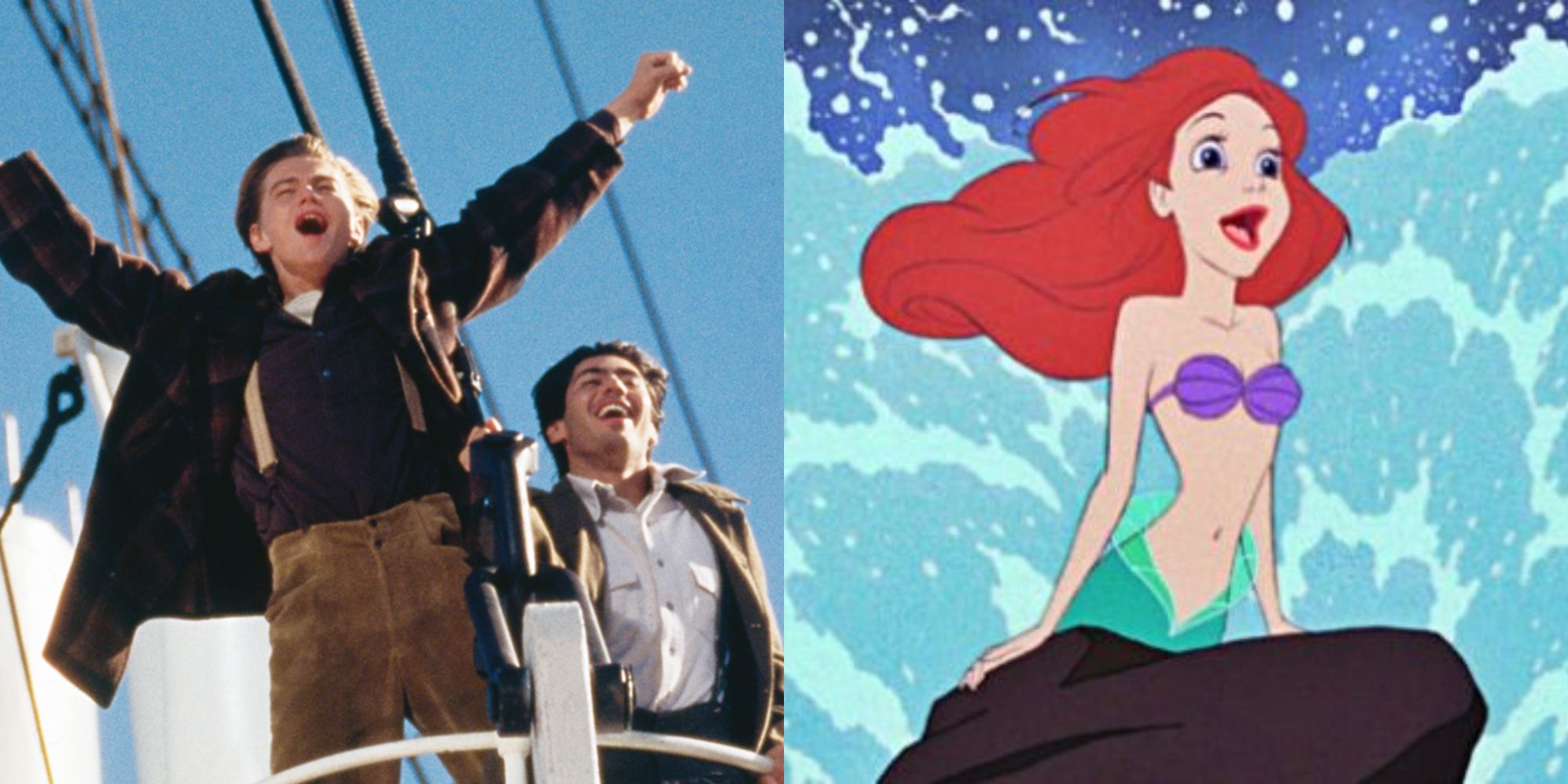
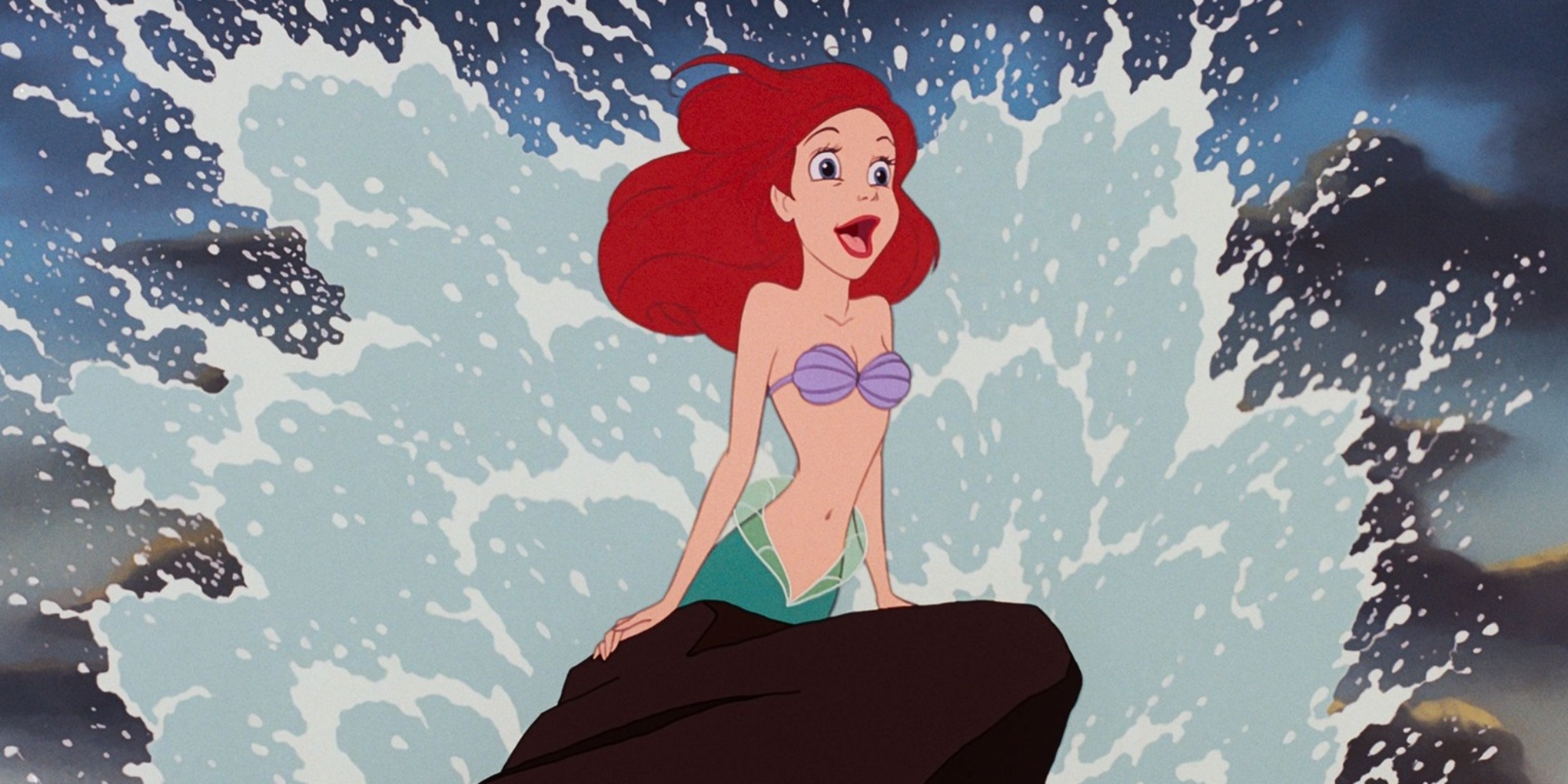
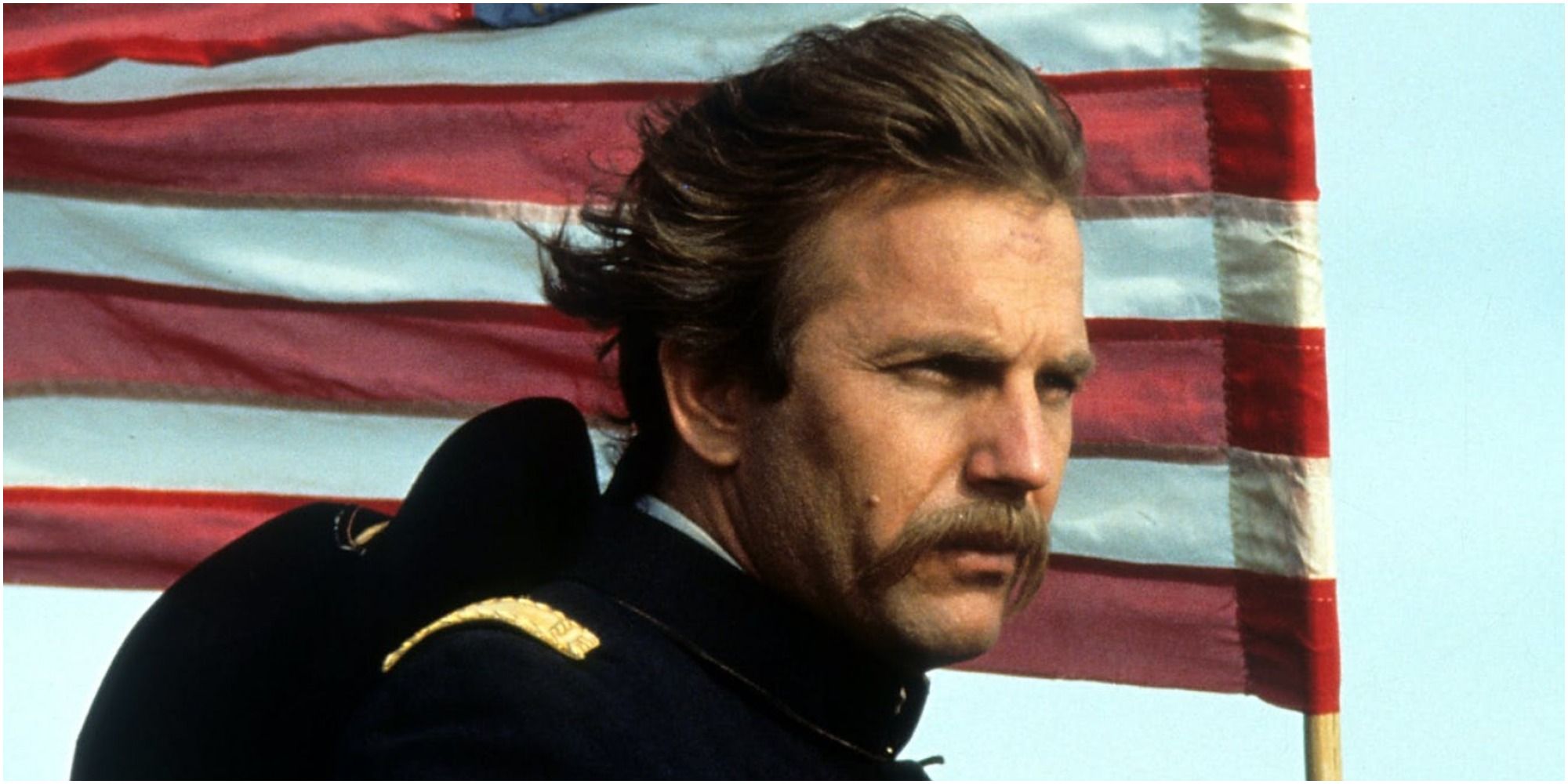
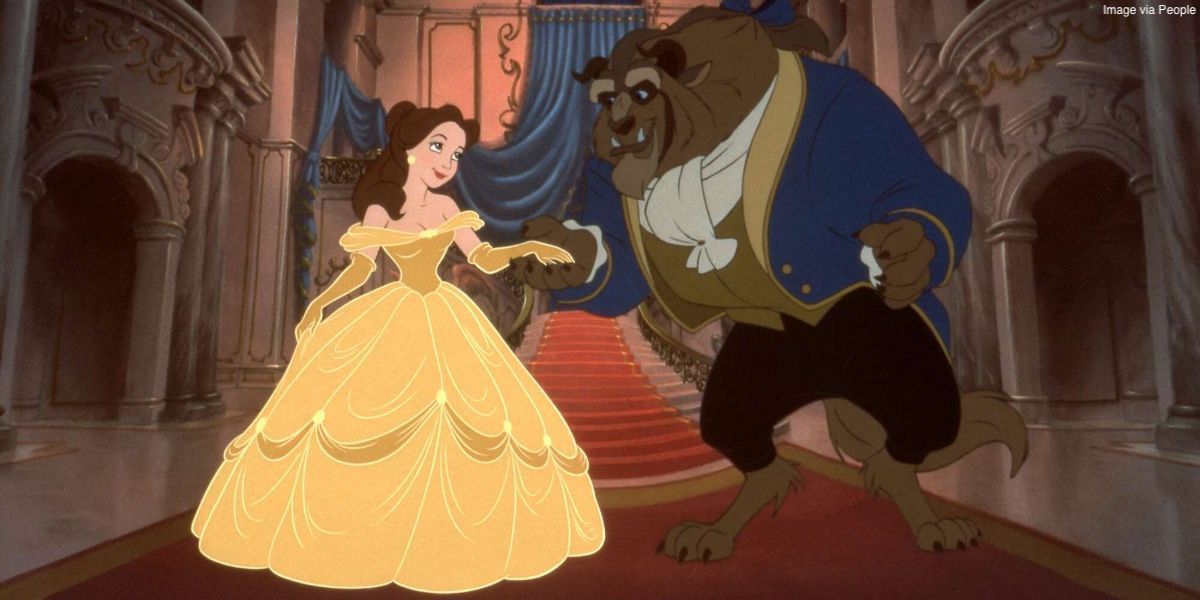
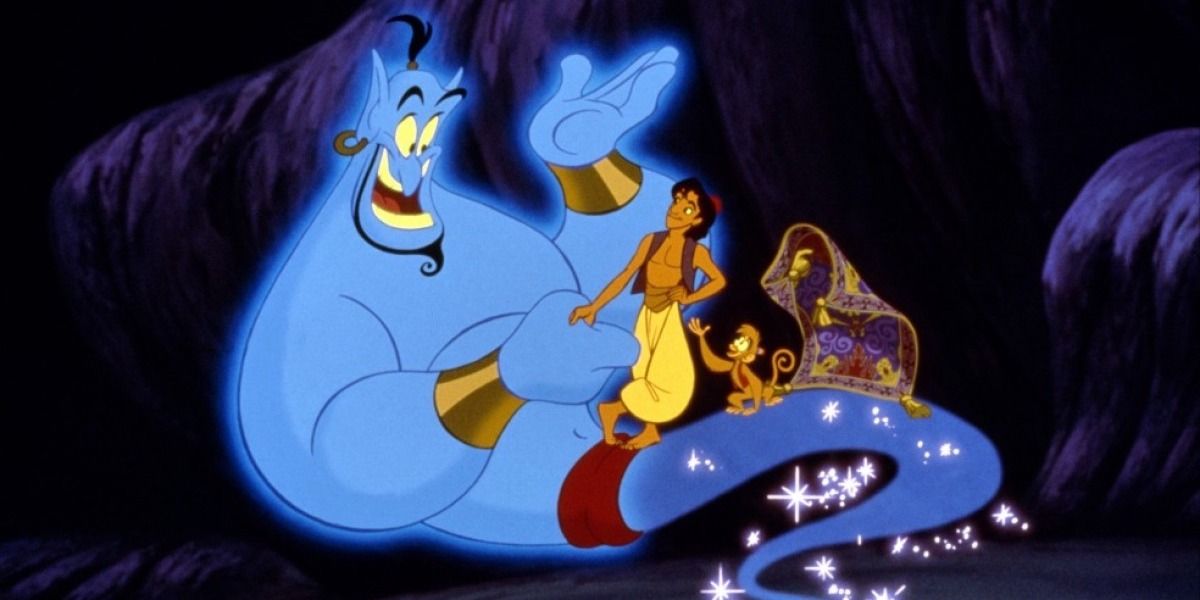
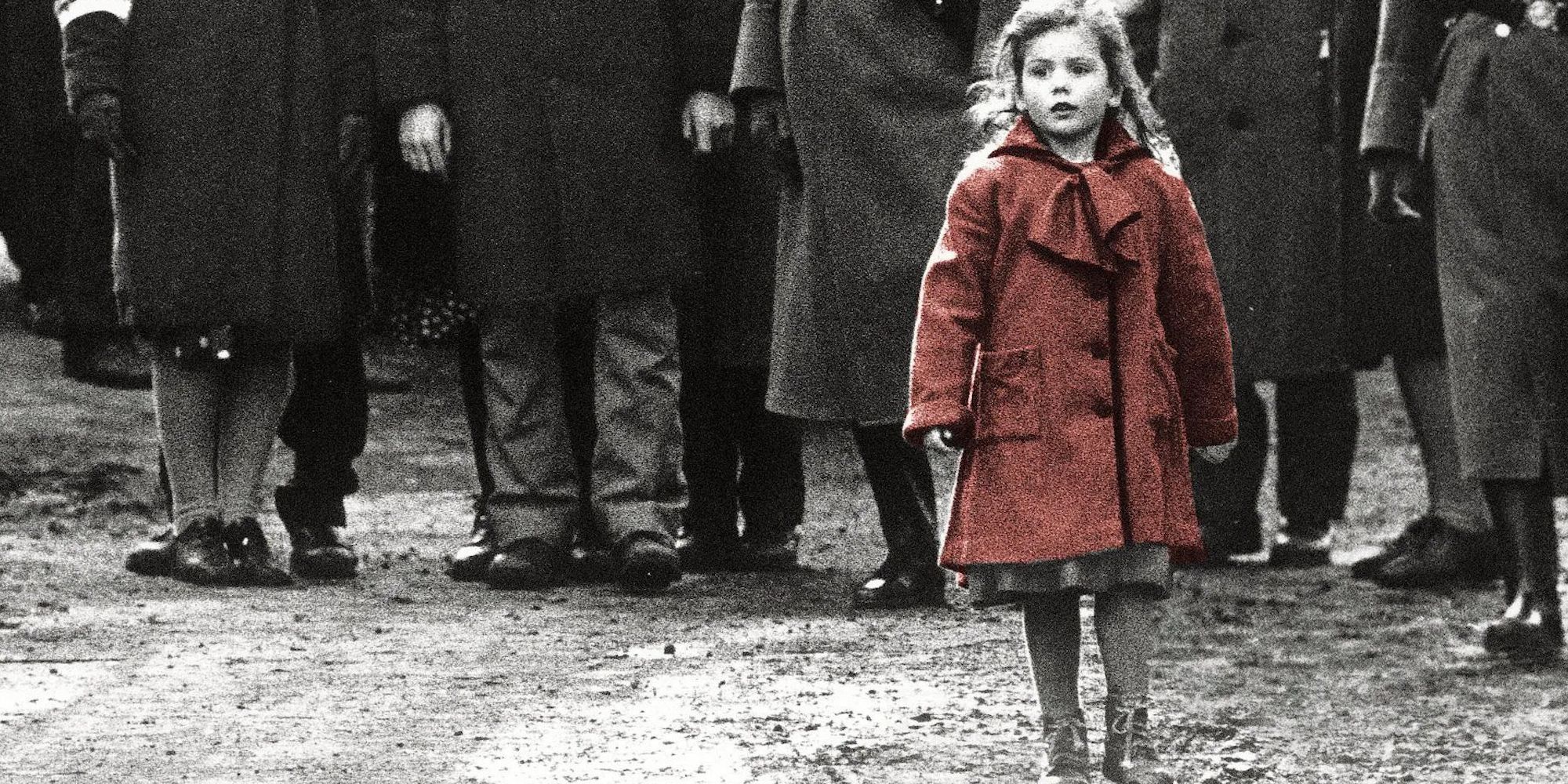
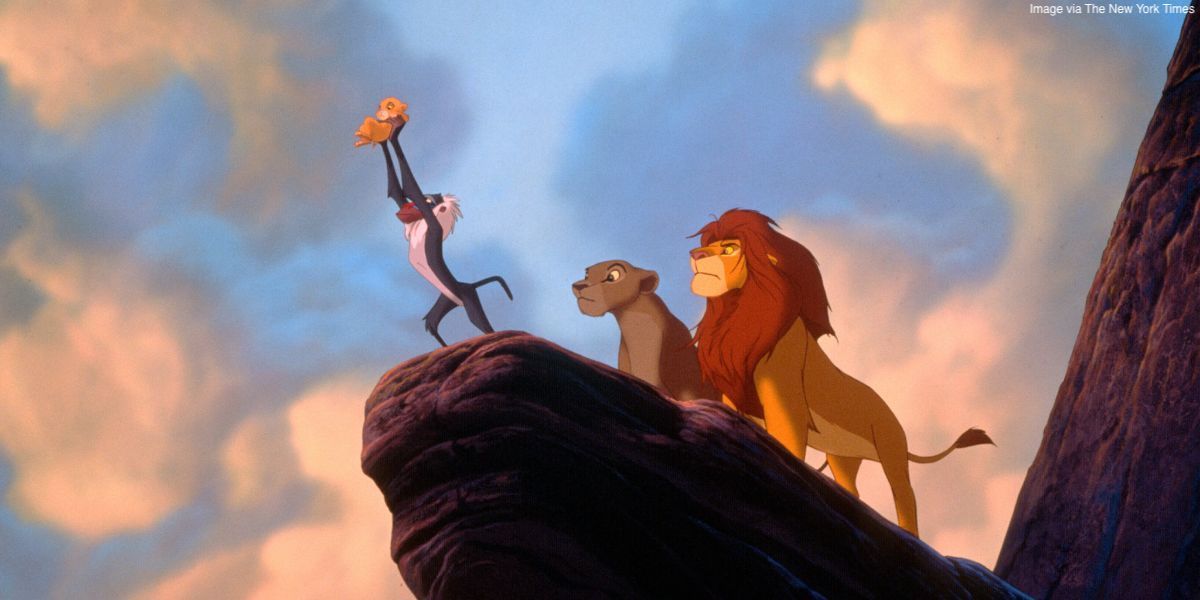
.jpg)
